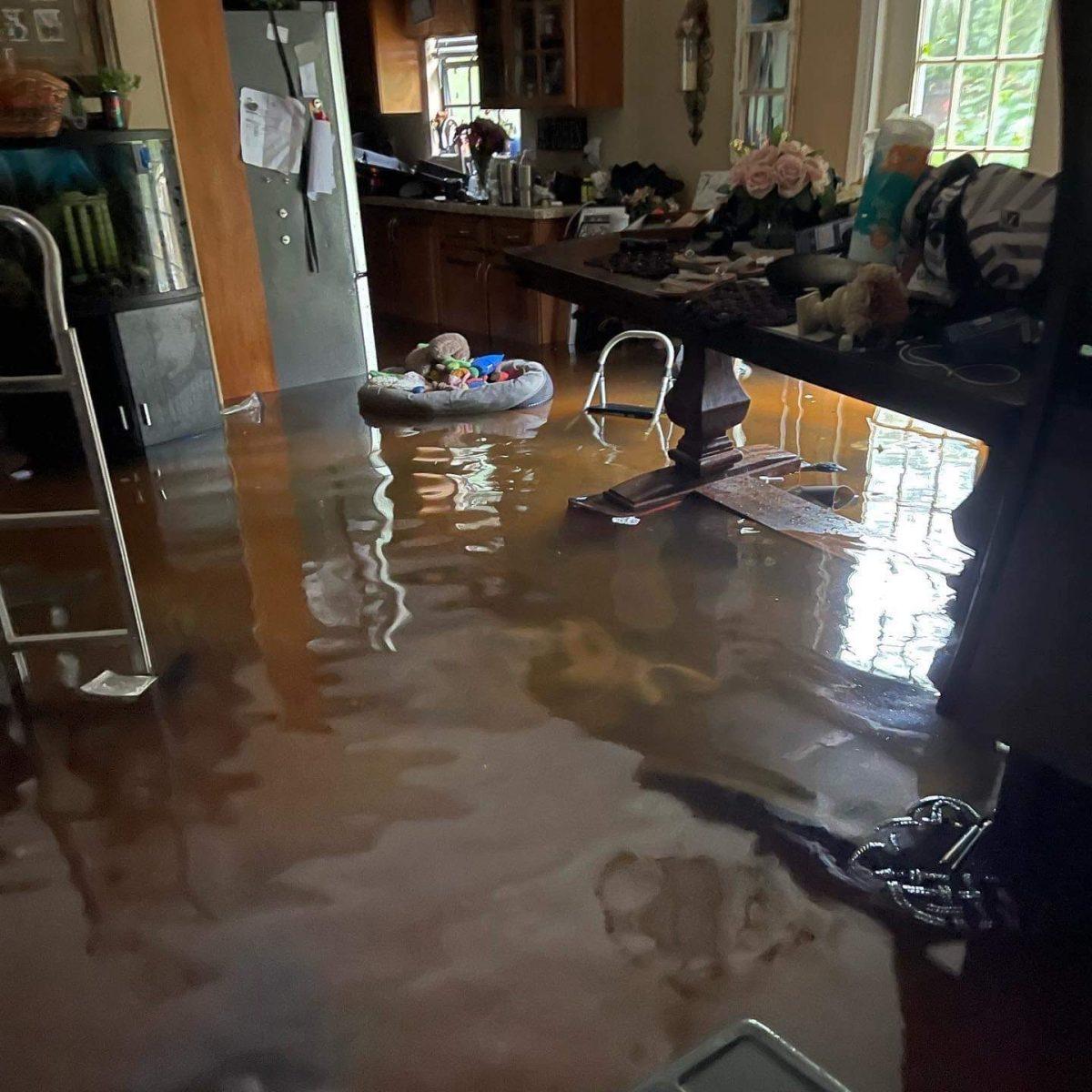On Sept. 28, a Category Four Hurricane named Ian made landfall on the western coast of Florida after causing devastating destruction in western Cuba. The hurricane quickly dropped over 20 inches of rain initiating the cancellation of over 6,000 flights, 3.4 million power outages, 2.5 million evacuation orders, $60 billion in insurance losses and 131 deaths so far.
Although Hurricane Ian did not directly affect the state of Massachusetts, its disastrous outcome has impacted many Wellesley College students who are from or have family in the path of Ian’s destruction. Katelyn Ellis ’26, a Florida native, has never seen a hurricane of such magnitude in her hometown near Daytona Beach.
“My town didn’t actually know it was going to be this bad,” Ellis said. “Everyone was not prepared, nobody was boarding up houses. Everyone was just like, ‘oh, it’s another hurricane’ because even though we live in a flood zone, we’ve never actually had anything historically bad happen with natural disasters in a very, very long time. On the day it happened, I was trying super hard to get in contact with [my parents].”
When Hurricane Ian touched down in Florida, Ellis spent the entire day attempting to get in contact with her family members. On the first day of the disaster, almost 25% of the state of Florida lost all power.
“The first day, I couldn’t get in contact [with my family],” Ellis said. “I felt really helpless; I couldn’t even say ‘hi.’ My mom and I were planning on FaceTiming that morning, and it didn’t happen. It was terrible — I just wanted to talk to my parents. I felt really alone.”
The Ellis family has flood insurance as they live in a Flood Zone and are at risk of damage due to flooding. Those living in Flood Zones can also apply for assistance through the Federal Emergency Management Agency (FEMA), an agency of the United States Homeland Security. As of Oct. 18, FEMA has distributed $477 million to Floridans affected by Hurricane Ian in the form of rental assistance, hotel stays, repair assistance and reimbursement for temporary lodging. Despite this fact, FEMA aid is capped at $72,000, although payments are typically less than $10,000.
“I’m thankful my family has flood insurance, but even then, we still couldn’t really afford any hotel costs and there were also a lack of hotels,” Ellis said. “My parents and my brothers had to stay in an unlivable house with no utilities for a bit; it literally smelled like sewage and had no power for days. Finally, they were able to get a hotel. My parents were having to walk through rapidly rising [sewage] water beginning at 7 a.m.; they were saying they had cuts that were getting infected.”
Flood insurance through the National Flood Insurance Program (NFIP) covers direct physical losses to one’s structure and belongings; however, it does not cover alternative housing during a crisis and only protects a small fraction of homeowners as it is not included in homeowners’ insurance policies, which forces people to purchase flood insurance separately. According to statistics from the National Centers for Environmental Information, Ian is expected to exceed $50 billion in insured and uninsured losses.
“[In my house], there was about 18 inches of flooded sewage water,” Ellis said. “Our roads were flooded too, so we couldn’t drive, and actually, one of our cars got broken in the hurricane from water damage. My family had to canoe down the road to get to my grandpa’s house. My family is basically homeless right now until repairs are done — there’s such bad water damage that everything that wasn’t on a counter is destroyed. I’m an artist, so I had a box of sketchbooks, stuff from my childhood, over 10 years of drawings — basically, they’re all ruined from water damage.”
The Florida Disaster Fund is the state of Florida’s official private fund, which is actively providing financial assistance to communities affected by Hurricane Ian. Currently, the fund has raised over $50 million.
“Just try and be understanding and accommodating of students from these areas of Florida and Puerto Rico. Try and be [supportive], this is really hard on your mental health,” Ellis said.
Ellis has additionally created a GoFundMe to support her family’s hotel costs in Volusia County, Florida due to their lack of current liveable housing.






